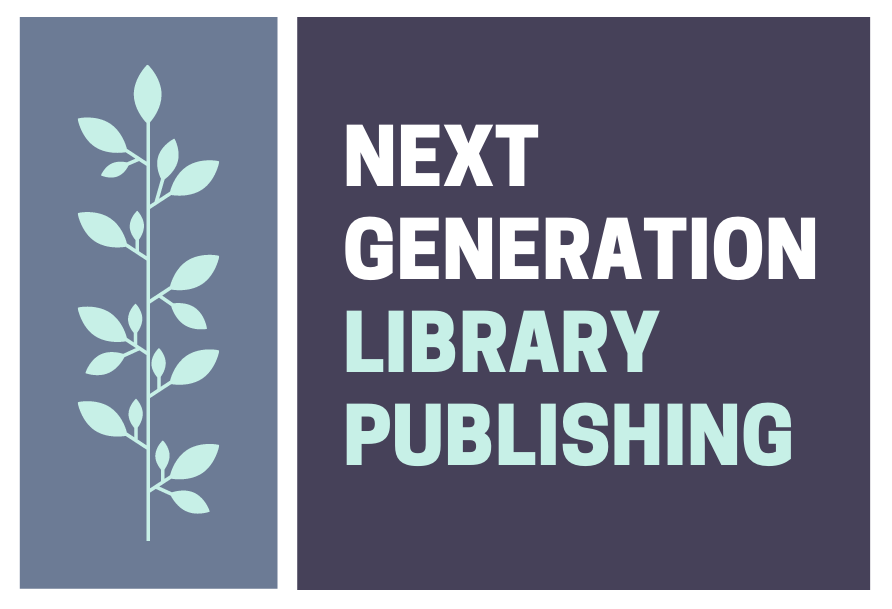FOREST Framework
for Values-Driven Scholarly Communication
This FOREST Framework is intended to assist scholarly communication organizations and communities to demonstrate, evaluate, and ultimately improve their alignment with key values, including:
Financial and Organizational Sustainability
Openness and Interoperability
Representative Governance
Equity, Accessibility, and Anti-Oppression
Sharing of Knowledge
Transparency
These six core values have appeared in dozens of manifestos, open letters, and other statements issued by a broad range of academic stakeholders, including faculty, students, publishers, librarians, and open source tool developers. They were selected, defined, vetted publicly, and refined by the Next Generation Library Publishing team Framework offers concrete mechanisms that communities can use to assess how their policies and practices align with these values and their associated principles. The framework has been designed recognize growth and progress (rather than just results), identify strengths (rather than only deficits), and center aspirations (rather than descriptions of the current state). The framework therefore strives to account for differences in organizational maturity and mission, recognizing that these may influence the implementation of values and principles. Accountability assessment must strike a tough balance by providing enough structure and information to engender trust, guide investments, and incentivize alignment with shared principles and standards but be so rigid as to create artificial barriers to entry into these marketplaces.
The FOREST Framework balances evaluation with reflecting, providing a structure and process for communities to not only gauge their adherence, but engage with critical questions such as:
What values does my community hold?
How do we currently demonstrate and communicate our commitment to these values?
Through what actions can we manifest our values more effectively?
How do our actions and decisions affect other participants in the scholarly communications system?
What improvements are reasonable and appropriate given our community’s lifecycle stage or maturity?
The FOREST Framework treats principles “not as truth but as guidance subject to ongoing review, contextual evidence, critical reflection, learning, and revision.”* Values and principles carry the most weight when they are defined and regularly revisited by the community. With community participation, the FOREST Framework will be refined and revised, integrating new community norms and continuing to push the envelope on aspirational goals for the scholarly communications sector.
* Michael Quinn Patton. Principles-focused Evaluation: the GUIDE. New York, NY: The Guilford Press, 2018.
Suggested Citation: Lippincott, Sarah and Katherine Skinner. FOREST Framework for Values-Driven Scholarly Communication. Atlanta, Georgia: Educopia Institute, 2022.


